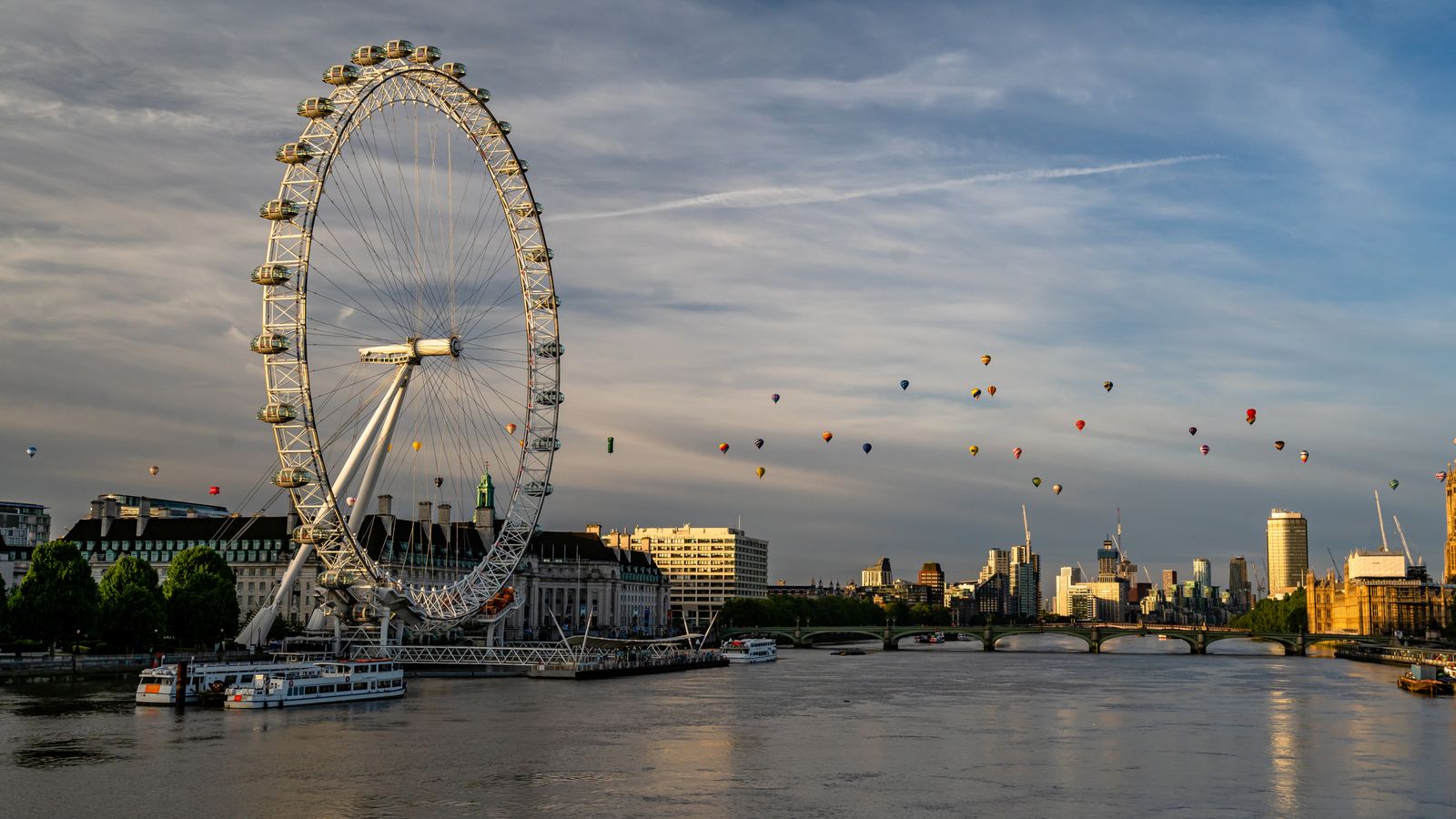Focusing efforts on reducing emissions will not be enough to stop the climate change emergency, the Environment Agency chief executive has warned.
Sir James Bevan said “even with the ambitious global and national actions we all want to see to reduce emissions, some further climate change is now inevitable”.
He added: “That is why as a nation we need to be climate ready so that we are resilient to the future hazards and potential shocks that would otherwise impact our economy, our prosperity, and our lifestyle.”
Speaking at the Whitehall and Industry Group’s Net Zero Roundtable, Sir James warned the increased frequency of extreme weather events such as flooding and droughts, along with coastal erosion and damage to biodiversity, was as a result of average global temperatures rising to 1C above pre-industrial temperatures.
He called for the private and public sector to adopt what he called “net zero plus” – reducing emissions whilst also adapting to the worst impacts of climate change.
He said: “We need to design and build our infrastructure, our cities and our economy so that they are resilient to the effects of the changing climate.”
Under the landmark climate change treaty signed in Paris in 2015, almost 200 countries pledged to limit greenhouse gas emissions, with a view to keeping global warming below 2C – ideally 1.5C.
The UK government last year promised to cut its greenhouse gas emissions by more than two thirds (68%) of what they were in 1990 by 2030, as part of its Paris commitments.
The UK will host the COP26 UN climate talks in Glasgow in November this year, where it is hoped that the success of the Paris talks will be replicated as all signatory countries sign up to progressive emissions reduction targets.
But despite its ambitious 68% target, the UK government has come under fire in recent months for its climate policies – last week communities secretary Robert Jenrick decided to “call in” the controversial application for a new mine near Whitehaven.
Subscribe to the Daily podcast on Apple Podcasts, Google Podcasts, Spotify, Spreaker
This came after weeks of being accused of hypocrisy ahead of hosting the Glasgow Summit.
There are also urgent calls from scientists for the government to review how it subsidises the burning of wood pellets for energy.
In 2020, the UK government paid out over £1.3bn to two biomass firms in direct subsidies and carbon tax redemption.
The former chair of the IPPC, the international climate change panel, told Sky News that this was contradictory to the aims of the Paris agreement and hosting COP26.



